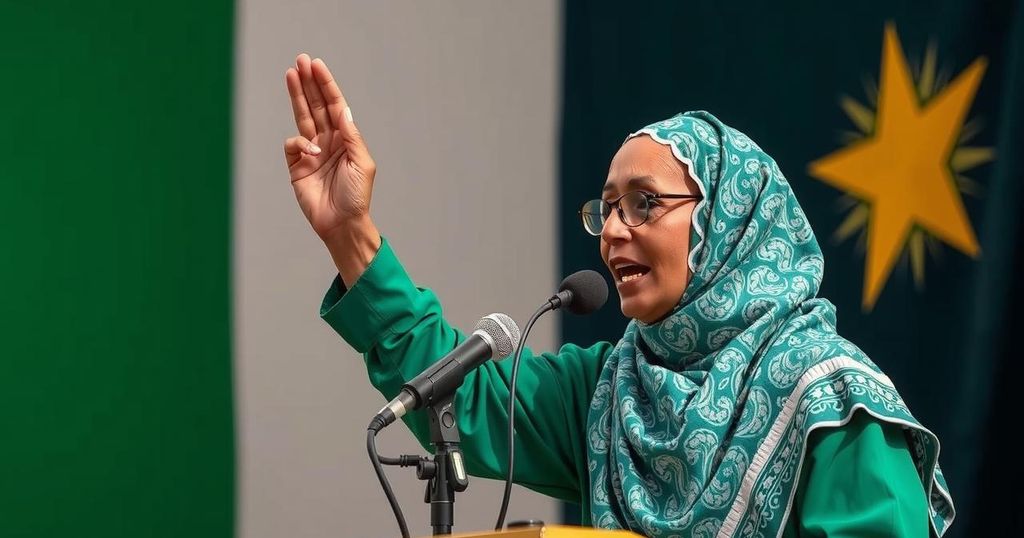Abdullah’s Election Marks a New Chapter for Somaliland in Pursuit of Recognition

Abdirahman Mohamed Abdullahi, known as “Irro,” was elected president of Somaliland, receiving approximately 64% of the vote. Abdullahi’s victory over incumbent Muse Bihi Abdi highlights the region’s quest for international recognition, which remains unfulfilled. The election occurred after a two-year delay, and the new administration expresses intentions to negotiate a sea access agreement with Ethiopia, potentially impacting recognition efforts amid ongoing tensions with Somalia.
Abdirahman Mohamed Abdullahi, widely known as “Irro,” has been elected as the new president of Somaliland, triumphing in a significant electoral victory with approximately 64 percent of the votes. His candidacy for the Waddani Party led him to defeat the incumbent, President Muse Bihi Abdi of the Kulmiye Party, who garnered around 35 percent. This election marks a pivotal moment for Somaliland as Abdullahi has committed to advocating for greater international recognition of the region, a crucial goal considering Somaliland’s self-declared independence since 1991. Voter participation was observed last week in an election delayed by funding issues among other factors. Despite having established a stable administration, Somaliland remains unrecognized internationally, a situation that limits its access to global financial systems and hampers the travel capabilities of its six million citizens. The new government in Hargeisa seeks to finalize an agreement with Ethiopia that promises enhanced sea access while potentially facilitating discussions surrounding recognition. This agreement, however, has incited considerable tension with Somalia, which views it as a breach of its sovereign rights and has heightened regional concerns regarding potential conflict. Significant hope resides within Somaliland that the administration of former President Donald Trump may reevaluate longstanding U.S. positions regarding recognition of Somaliland as a legitimate state, especially in light of favorable sentiments expressed by former officials in the U.S. State Department regarding the plight of Somaliland.
Somaliland declared independence from Somalia in 1991 amidst national turmoil and has since established a functioning government, currency, and security systems. The region, with its relative political stability and democratic governance, contrasts sharply with Somalia, which continues to struggle with violence and insecurity. Despite having maintained governmental structures for over three decades, Somaliland has not achieved international recognition, significantly affecting its diplomatic and economic engagements. The recent election and the new president’s commitments are seen as critical to advancing Somaliland’s quest for legitimacy on the world stage, especially against the backdrop of a proposed deal with Ethiopia that could alter regional dynamics and alliances.
In conclusion, the election of Abdirahman Mohamed Abdullahi as president of Somaliland represents a pivotal step in the region’s pursuit of international recognition and economic revival. His victory, characterized by a substantial electoral margin, underscores the electorate’s desire for change and stability. The government’s plans to negotiate with Ethiopia for sea access may provide an avenue for recognition, while the political landscape remains complex, affected by regional relationships and Somalia’s sovereignty claims. Ultimately, Somaliland’s ongoing struggle for legitimacy continues to shape its political narrative amid aspirations for global acknowledgment.
Original Source: www.aljazeera.com






